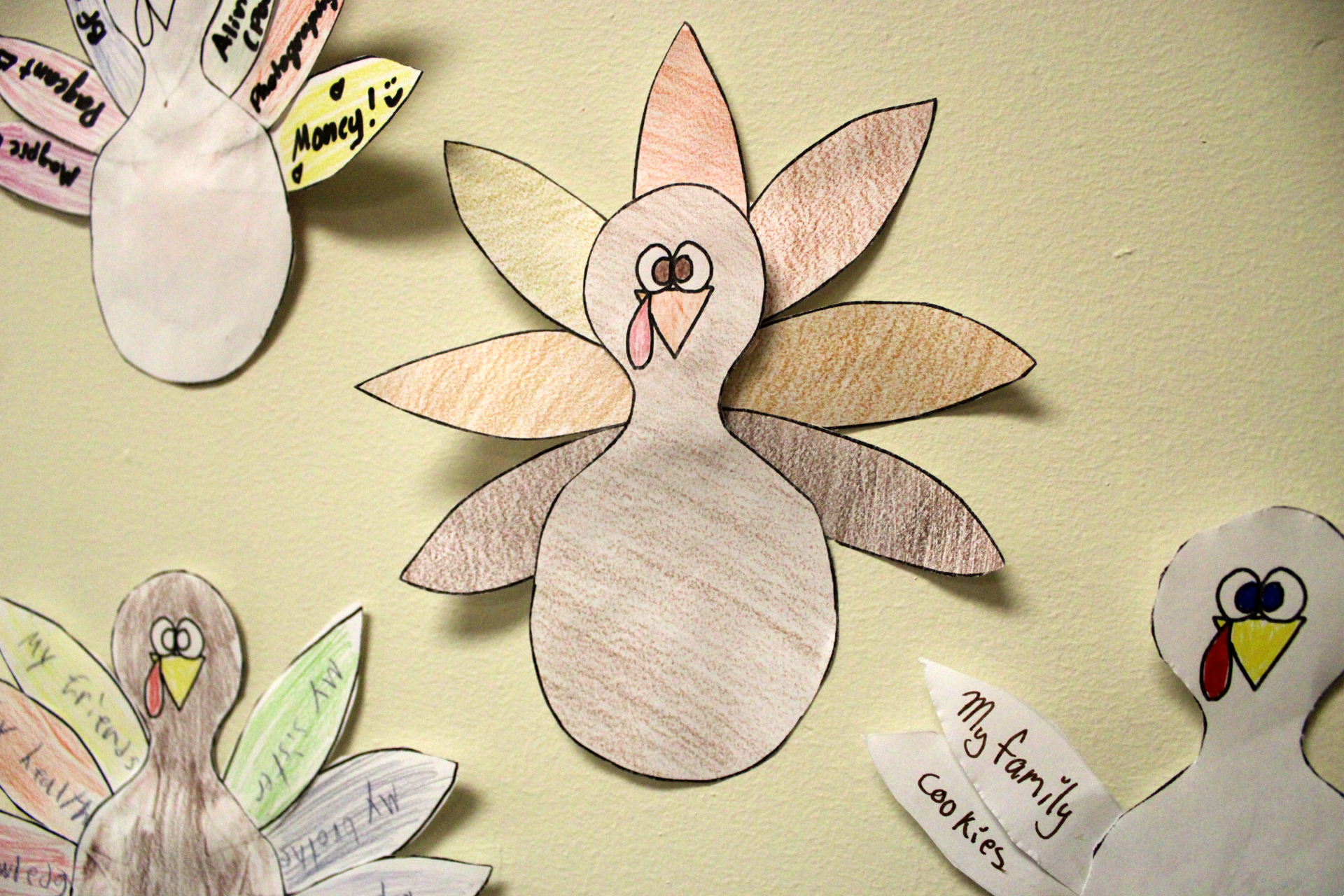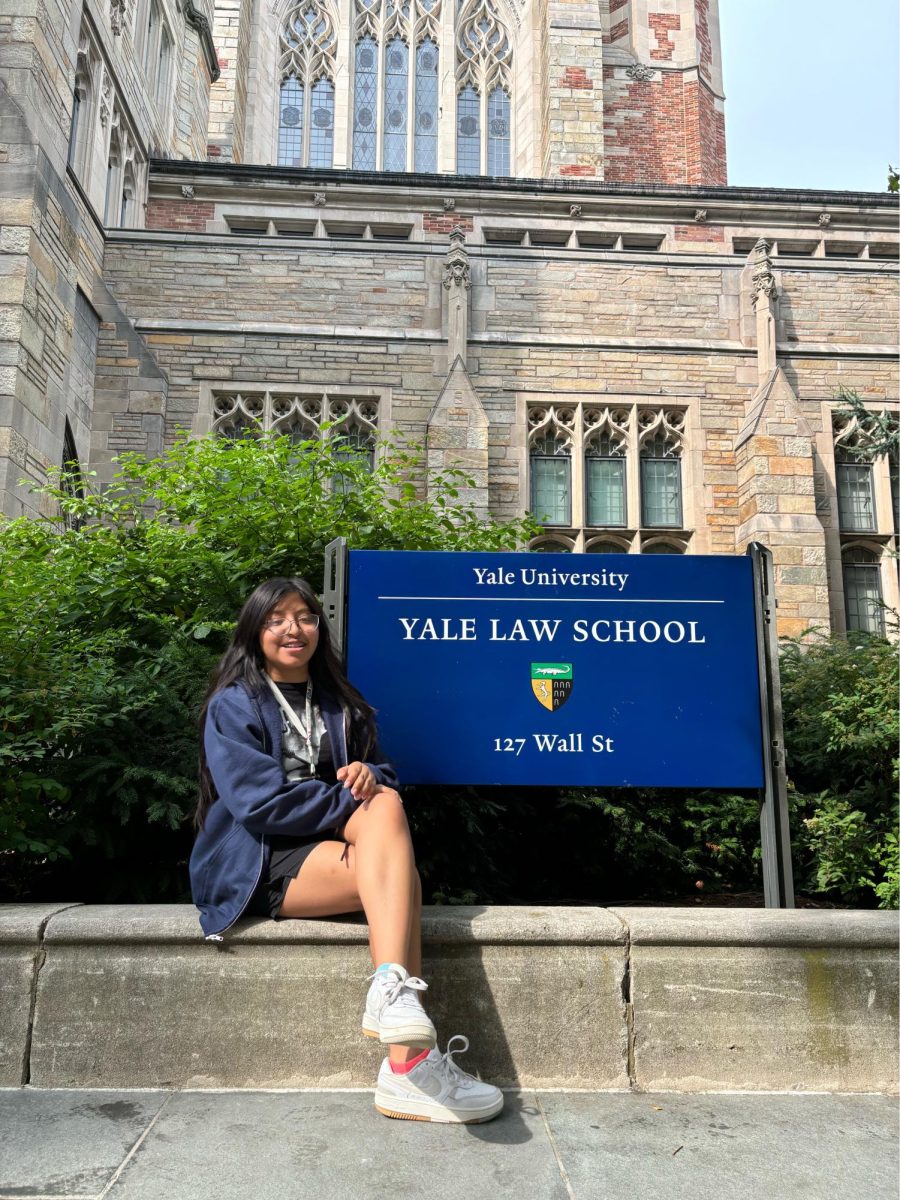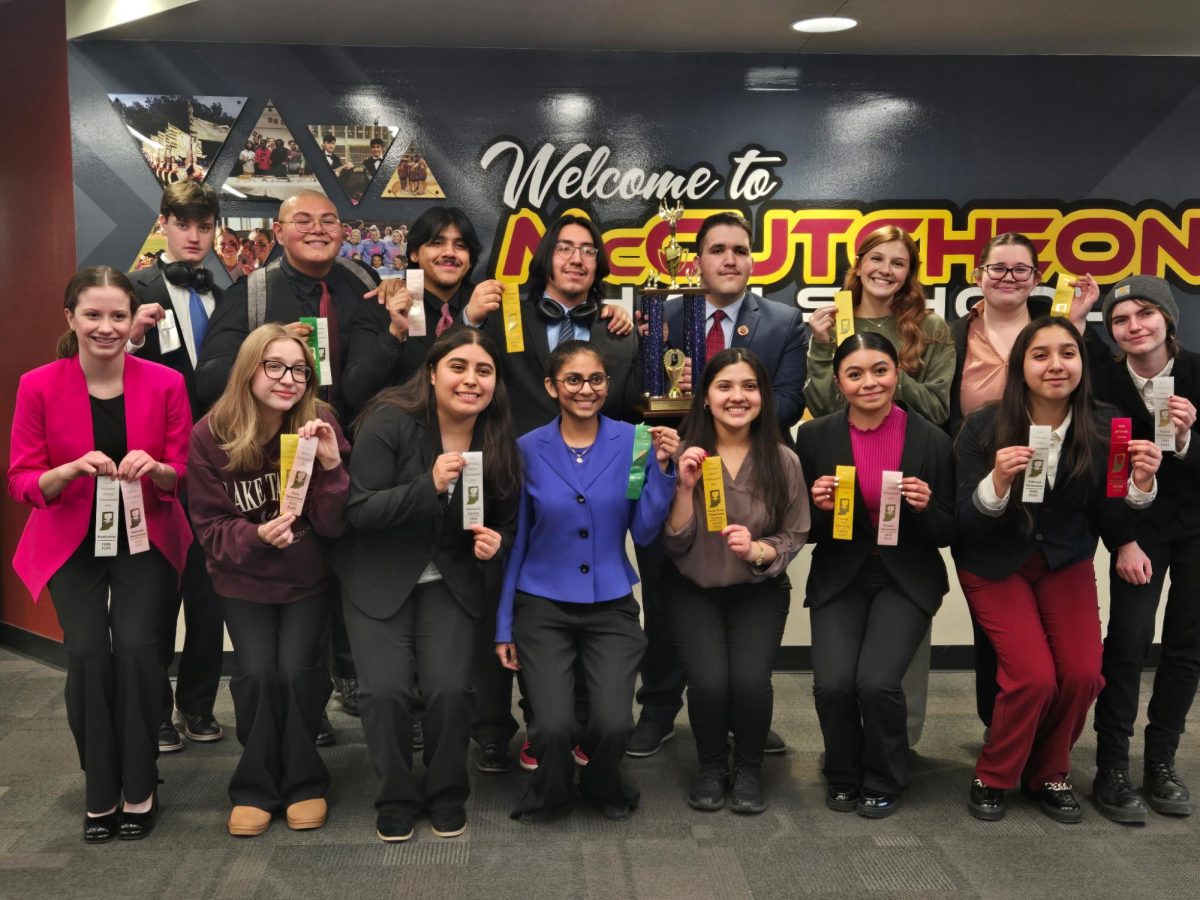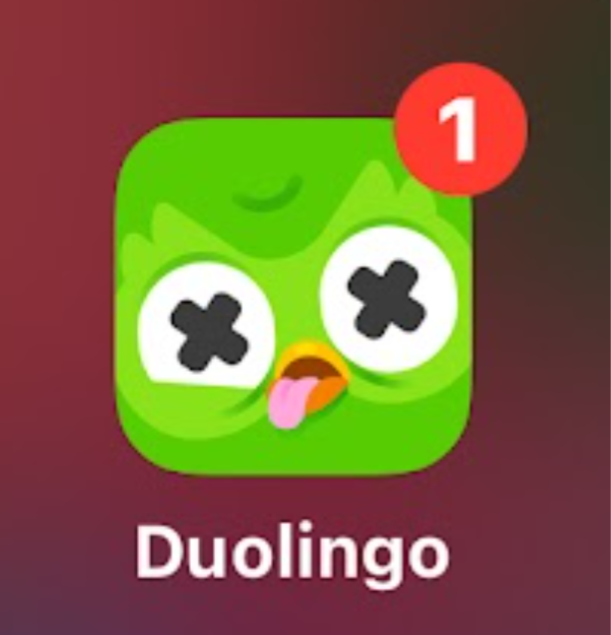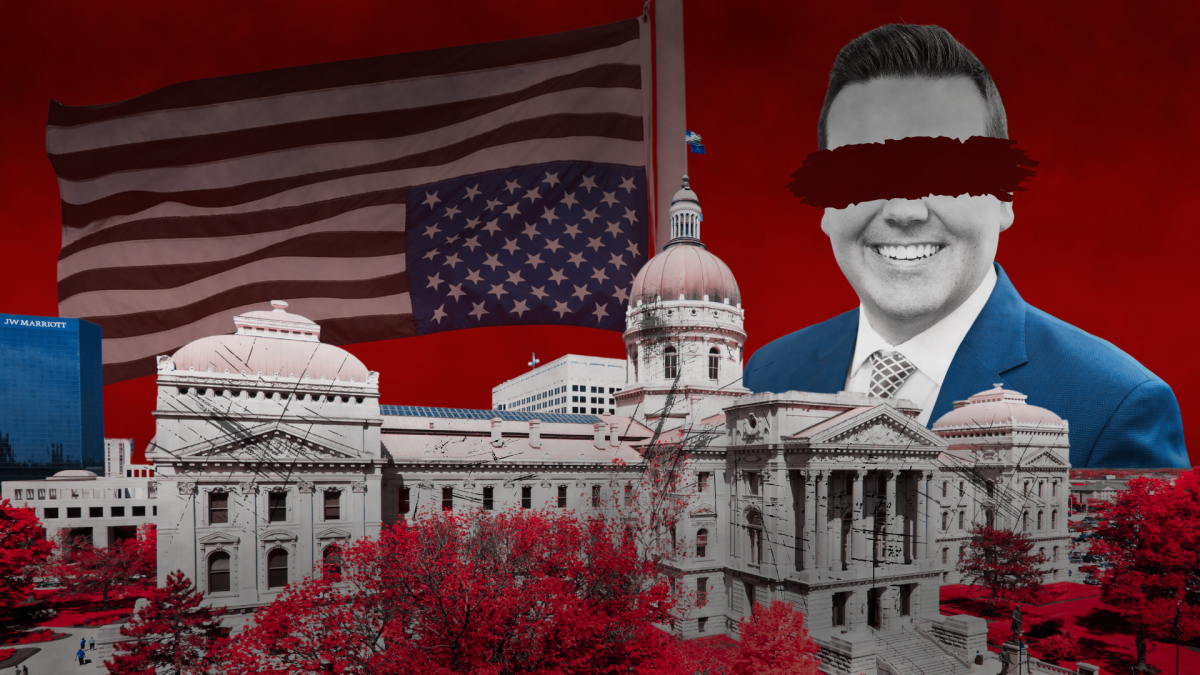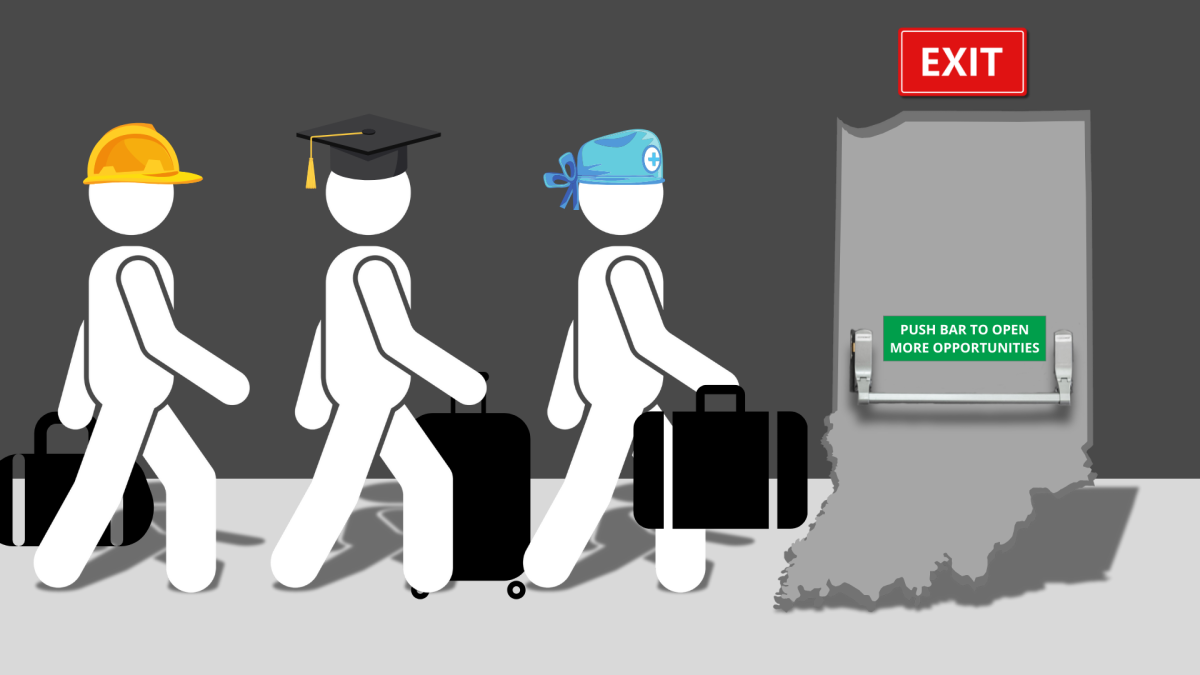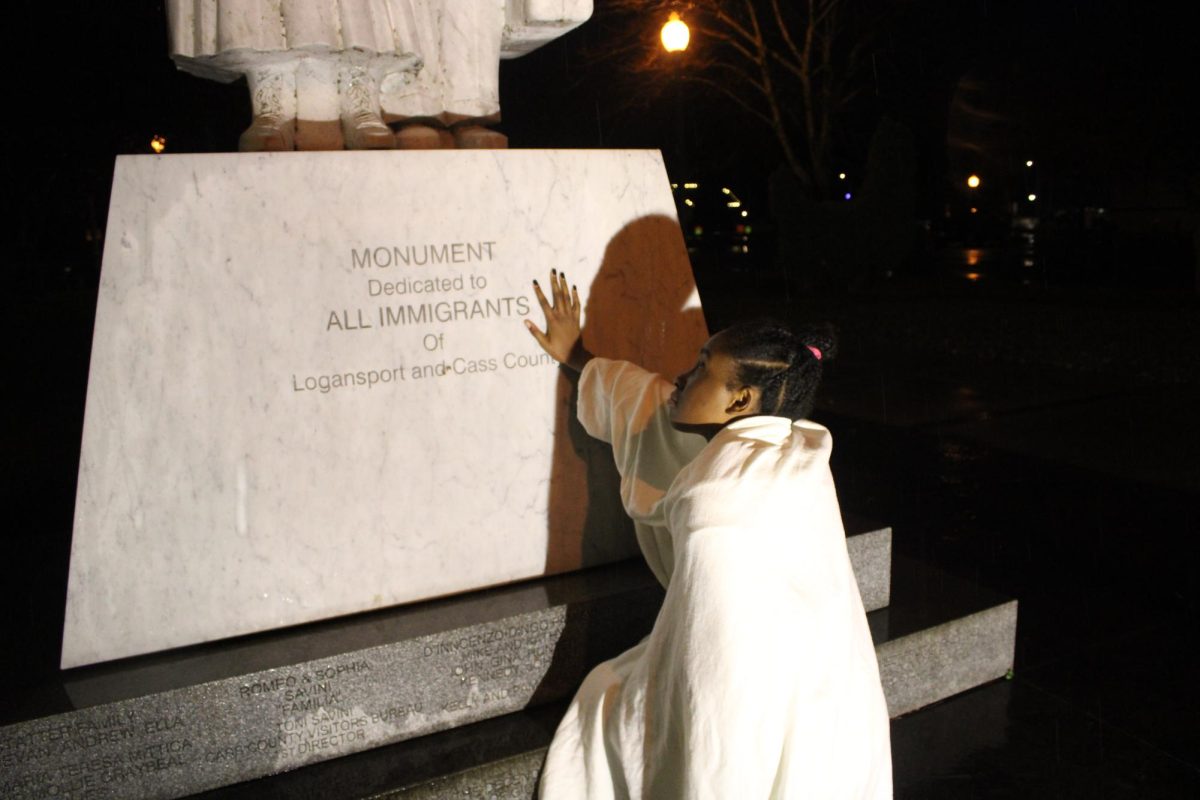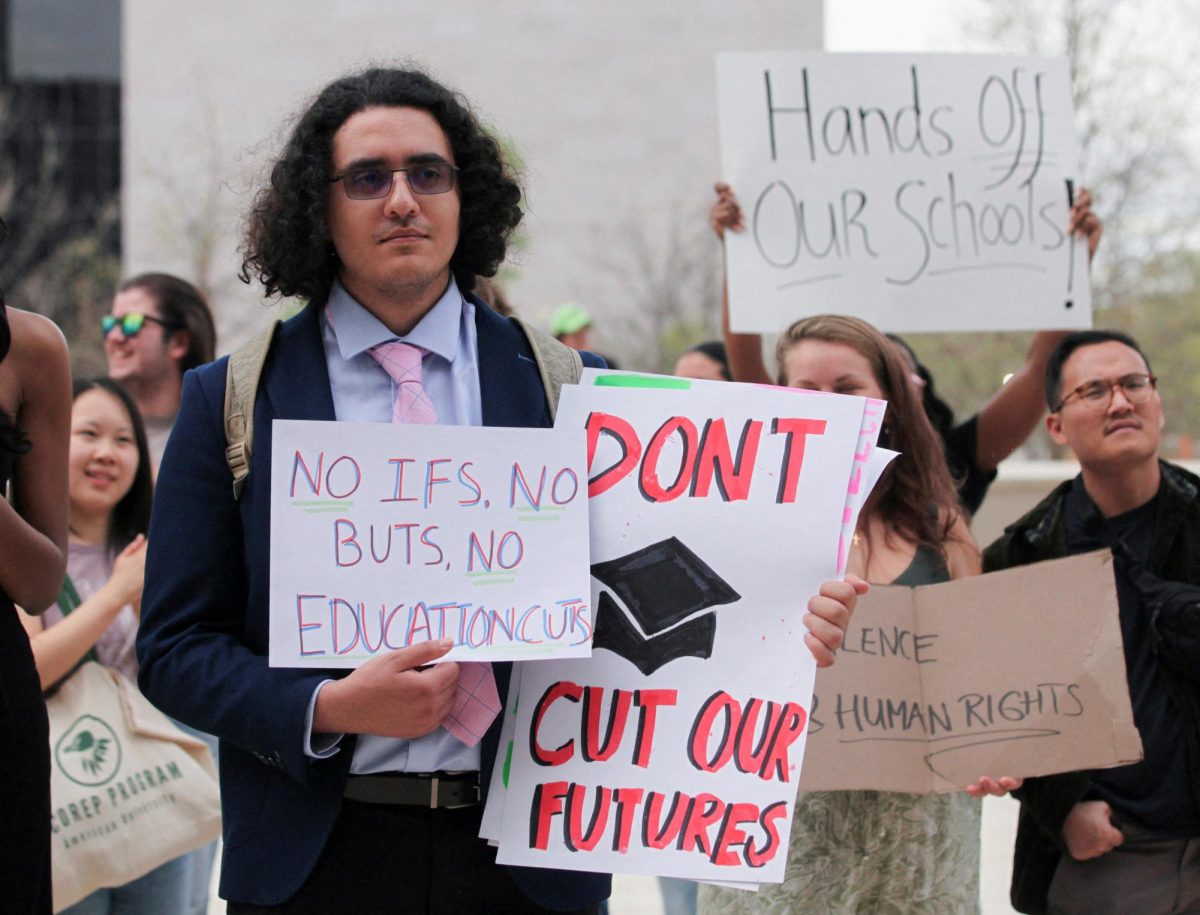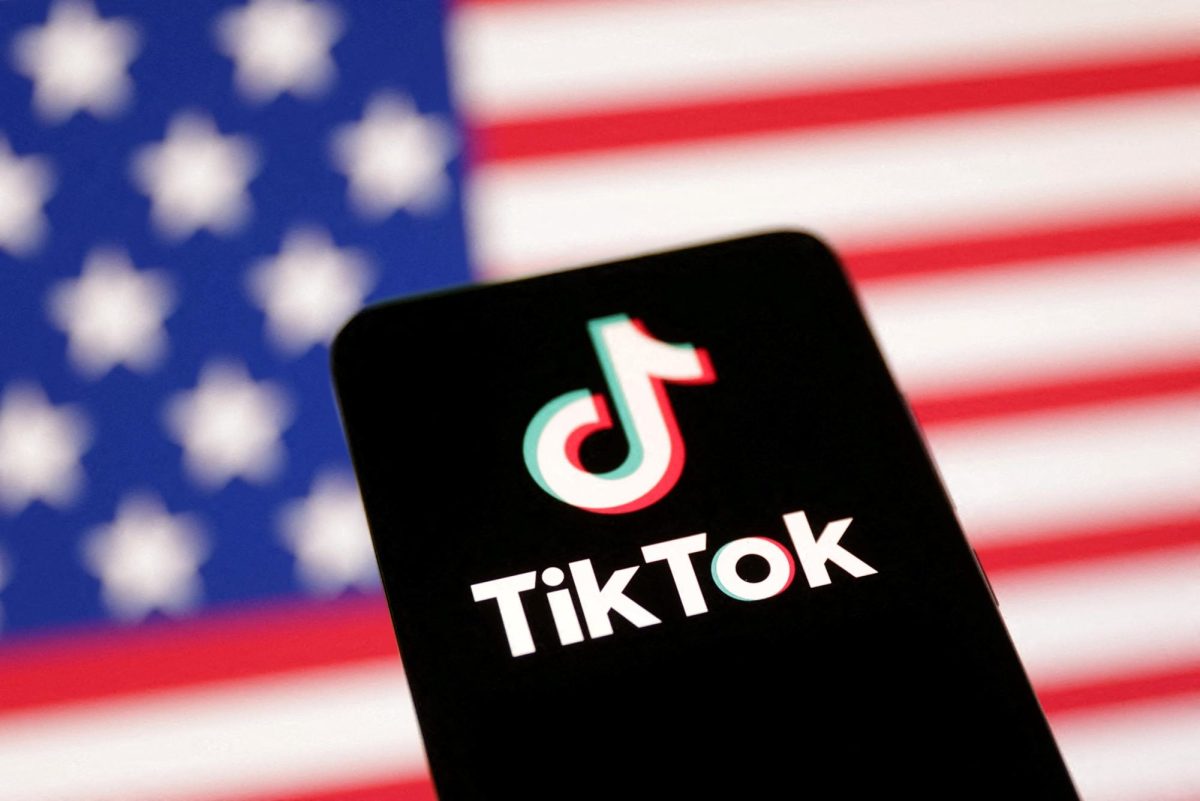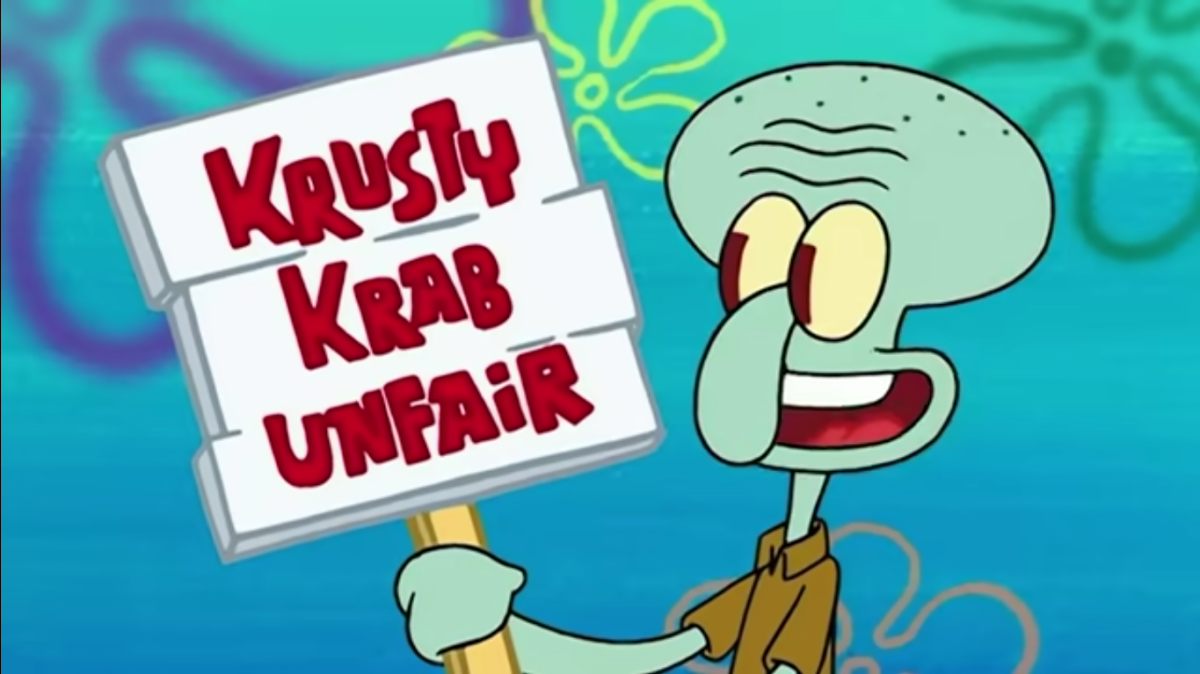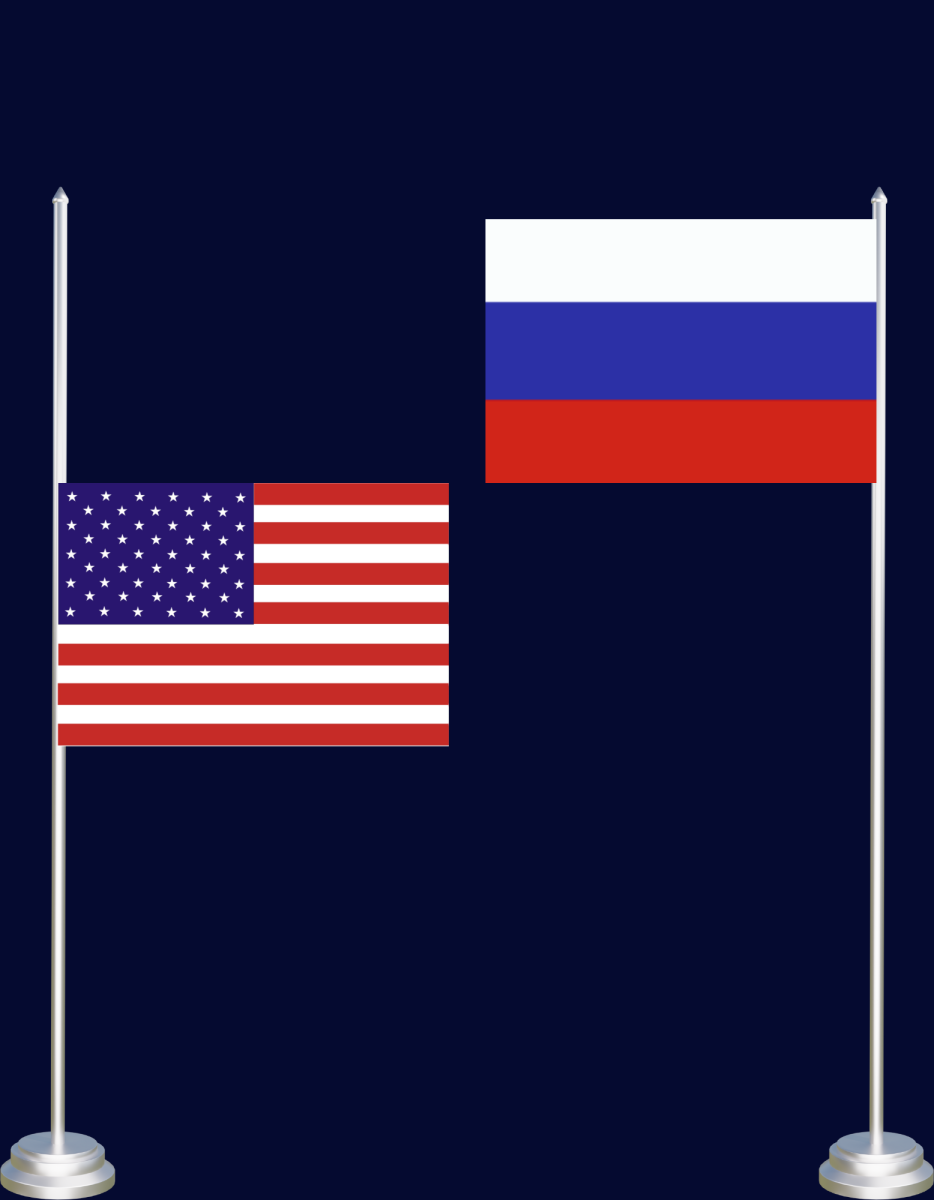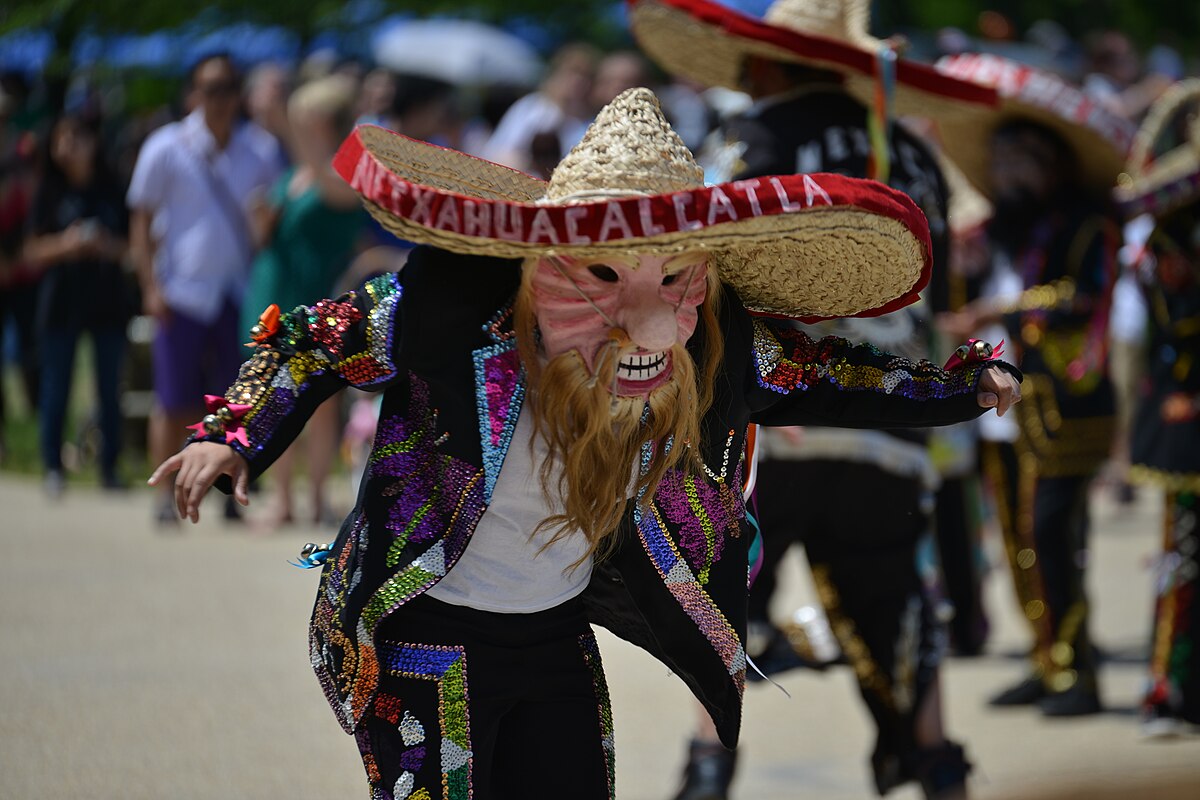The month of November has been observed to honor Native Americans since 1990 when President George H.W. Bush extended American Indian Week into National American Indian Heritage Month. Only in 2021 did President Joe Biden rename the month “National Native American Heritage Month” because the term “American Indian” is found offensive to some Native Americans.
In 2020, the approximate Native American population in the United States was 9.6 million. Still, it took over 30 years for the federal government to listen and recognize the voice of Indigenous people. As if colonizing the home of millions of Native Americans was not enough, the constant disrespect and ignorance are added to the colonizer’s contempt.
Aside from putting Native American voices on the back burner, American society continuously practices its ignorance year after year. The honoring of Native American Heritage Month is seldom propagated. The Friday after Thanksgiving is often first acknowledged as Black Friday and rarely recognized as National Native American Heritage Day.
Our ignorance does not end there. This is only the beginning. The root of our modern society’s disdain and unenlightenment begins with our education system. Thanksgiving is introduced to students in kindergarten by tracing their hands and making a colorful turkey. Some elementary schools even include a reenactment of the first Thanksgiving, containing a friendly Plymouth Rock landing followed by a peaceful feast between pilgrim children and little students forced into outfits that appropriate the culture of Native Americans.
There have been numerous debates about what is and is not cultural appropriation. The thing society, especially Americans, struggles with is understanding that anyone who is not of Native American descent should have no say in the appropriation of their culture. A handful of white elementary school teachers impersonating Native Americans by creating war bonnets with bandanas and fake feathers is not progressive whatsoever. Even more, if someone is daring enough to challenge the way Thanksgiving is being taught, they are quickly met with the argument that it isn’t harmful and that the program is for the kids.
There are many issues with this argument. For one, it implies that we must teach children peace and nonviolence, regardless of actuality. The truth is, although the feast was not violent, when teaching students about Native American history, often, violence is entirely left out. Therefore, educators are cherry-picking the nonviolent parts of colonization.
Another issue with the argument is that it is entirely ignorant of Native American thoughts and feelings about their culture. While educators are arguing for the insignificance of creating feather hats to imitate Native American culture, they seldom reach out to find out what Native American people think on the matter.
According to a blog written from a Native American perspective, recreating headdresses in schools is only pushing negative stereotypes. It teaches children that it is acceptable to “wear culture as a costume,” groups all Native American tribes together, and allows people to stay uneducated on the cultural and spiritual significance of Native American regalia.
The way Thanksgiving is initially taught in the educational system is harmful. A common follow-up is questioning whether or not celebrating Thanksgiving is harmful, too. Determining this is more complicated than blatant cultural appropriation. As with any group of people, not everyone will agree with each other.
Some Native Americans dismiss the concept of Thanksgiving entirely. The first meal is not something to be celebrated by them but rather a reminder of the stealing of land and genocide that occurred. Other Native Americans gather with their family, remember their ancestors, and prepare a feast. For the most part, Native Americans either refuse to celebrate Thanksgiving, sometimes by participating in protesting on the day, or gathering and accommodating the holiday.
Determining whether or not the celebration of Thanksgiving is ethical has multiple layers. Regardless of whether or not you choose to celebrate, the least you can do is educate yourself on the disheartening history of the holiday beforehand.


